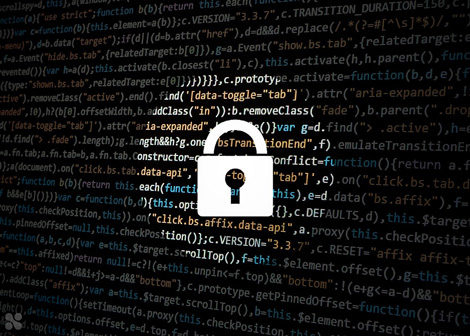BUSINESS DATA BACKUPS: ESSENTIAL, BUT UNDERRATED
Technical cybersecurity reports show that viruses and malware are still the most widespread threats online. Among them, ransomware remains an insidious form of cyberattacks, particularly dangerous because most users tend to underestimate its effects.
Ransomware: the most widespread and risky viruses for companies
Ransomware is particularly dangerous amongst various viruses because it can encrypt and turn useless all files on your computer. Moreover, it can affect other devices from the same network, being able to completely delete all files–which makes you wonder whether to pay the ransom or not.

Users rarely pay attention to such a threat before it happens, despite the possibility of losing all data (for example, your corporate billing documentation). Ransomware only needs a simple click on a malicious link included in a deceptive email received. Even worse, when dealing with ransomware, once the damage is done, it’s usually not reversible. The only way to counter its effects is by keeping updated backup copies of your data.
Backup solutions save your system
A company’s backup policy is fundamental to countering the problems caused by ransomware attacks. Under this light, it becomes clear that leaving this responsibility to your employees or collaborators is often undoable due to several reasons.
First of all, it’s a matter of time. Your employees can’t stay productive if they have to handle technical issues regularly. Another reason is the lack of expertise—for your employees, it may be challenging to save data while they’re working with it.
The ultimate purpose of a backup is to have an updated copy of the latest version of your data. It can be anything, shared documents, electronic invoices, a website or blog, the code that makes your app run, or the emails sent and received by employees.
In most cases, you already protect your data with network protocols like HTTPS and various authentication levels, such as passwords and OTP codes on the phone. In many cases, however, this isn’t enough, either because the company network doesn’t benefit from adequate protection or due to new information leaks that are discovered every day.
Why backups are necessary
Companies discover the importance of having a backup only when things go wrong. Data recovery procedures allow you to instantly restore the state of the system (such as files, database, your business website) as it was in the exact moment you made the last backup copy. Therefore, it automatically removes old data and replaces it with the new one.

It’s a solution that wouldn’t be possible with manual backups unless relying on external supports via USB or network. However, in these conditions, you risk not having useful data to use, because it could also be corrupted.
It’s necessary to allocate resources and time to make sure you backup all your data. You should implement an automated backup solution, which allows you to be more relaxed in the case of software or hardware errors, or ransomware.
Furthermore, the backup service is often based on cloud technology. That’s because storing backups in the same place with the original files and database isn’t the safest solution.
Using external services also allows you to save data periodically according to a pre-established schedule (for example, twice a day on working days). Another advantage is the fact that you can get multiple backups, which gives you multiple choices in the case of an attack. You can also save data on CD or tape (which is more resistant support than the classic ones). The current trend is to exploit the cloud for its versatility and speed in the case of disaster recovery. Also, the cloud also counters possible space problems that might occur with traditional devices, as it operates similarly to a real external hard disk, where you can safely store an intact and working copy of your company data.
Contact us
Fill out the form and one of our experts will contact you within 24 hours: we look forward to meeting you!











